
Stop Now! These 8 Pumpkin Seed Mistakes Trigger Irreversible Reactions in Your Body
Are You Making These 8 Dangerous Mistakes with Pumpkin Seeds? Here’s What You Need to Know
Pumpkin seeds — also known as pepitas — are often praised as a powerhouse of nutrition. They're packed with essential minerals like magnesium and zinc, high-quality plant-based protein, healthy fats, and potent antioxidants that support everything from heart health to immune function. But while these tiny seeds can be a smart addition to your diet, there are hidden risks that many people overlook.
Surprisingly, common mistakes in how you consume, store, or prepare pumpkin seeds can potentially turn this superfood into a health hazard. If you’re not paying attention, you may be unknowingly sabotaging your health instead of boosting it.
Here are 8 critical pumpkin seed mistakes you might be making — and how to fix them before they impact your long-term wellness.
1. Eating Pumpkin Seeds Raw and Unwashed
Many people toss raw pumpkin seeds straight into their mouths without a second thought. But raw seeds can carry bacteria, mold spores, or pesticide residues from processing and packaging. Eating them unwashed or unroasted increases your risk of foodborne illness or toxin exposure.
What to do instead: Always rinse pumpkin seeds thoroughly and consider roasting them at 300°F (150°C) for 10–15 minutes. Roasting not only enhances flavor but also kills potentially harmful microbes.
2. Overeating Pumpkin Seeds Daily
Just because something is healthy doesn’t mean more is better. Pumpkin seeds are dense in calories, fats, and fiber. Overindulging — especially daily — can lead to bloating, gas, constipation, or even weight gain if you’re not mindful.
Smart tip: Stick to a small portion, around 1 ounce (about ¼ cup) per day. This gives you the benefits without stressing your digestive system or calorie budget.
3. Ignoring the Salt Content
Many pre-packaged roasted pumpkin seeds come heavily salted. While they taste great, they can quickly raise your daily sodium intake, which is a concern for blood pressure, heart health, and kidney function.
Healthier choice: Choose unsalted or lightly salted options, or roast your own at home with herbs and spices for flavor without the sodium overload.
4. Eating Pumpkin Seeds with Shells Intact
Some people eat pumpkin seeds whole — shell and all — thinking it's a fiber boost. But those tough outer shells can be hard to digest and may irritate your stomach lining or cause discomfort, especially in people with gastrointestinal sensitivities like IBS.
Best practice: If you're prone to digestive issues, opt for hulled pumpkin seeds (pepitas), which are gentler on the system and just as nutritious.
5. Not Checking for Mold or Rancidity
Pumpkin seeds contain natural oils that can go rancid over time, especially when exposed to heat, light, or air. Rancid seeds may taste bitter or smell musty, and worse — they can produce free radicals that promote inflammation and cell damage.
Storage tip: Keep seeds in an airtight container in a cool, dry, and dark place, or refrigerate them to extend shelf life. Always check for off smells or discoloration before eating.
6. Assuming Pumpkin Seeds Are Safe for Everyone
While rare, some people are allergic to pumpkin seeds. Allergic reactions can include itching, rashes, stomach upset, or in severe cases, difficulty breathing or anaphylaxis.
Safety tip: If you’ve never had pumpkin seeds before, introduce them gradually and monitor your body for any adverse reactions.
7. Thinking More Is Always Better for Men’s Health
Pumpkin seeds are celebrated for supporting prostate health and testosterone production, thanks to their rich zinc content. But excessive zinc intake can actually backfire, causing nausea, headaches, and mineral imbalances by interfering with copper absorption.
Balanced approach: Get zinc from a variety of sources and avoid going overboard on supplements or pumpkin seeds. Stick to recommended daily values unless advised otherwise by a healthcare provider.
8. Using Old or Expired Pumpkin Seeds
Like all natural foods, pumpkin seeds degrade over time. Expired seeds may lose nutritional potency and develop mold or rancidity, especially if stored improperly.
What to do: Always check expiration dates, and discard seeds that smell odd or taste bitter. Fresh seeds should smell slightly nutty — not musty or sour.
The Bottom Line
Pumpkin seeds can be a delicious and nutrient-rich snack — but only when eaten and handled correctly. Avoiding these 8 common mistakes will help you maximize the health benefits without risking digestive distress, inflammation, or long-term harm.
So the next time you grab a handful of pumpkin seeds, take a moment to think:
Are you consuming them the right way?
Your body will thank you for the extra mindfulness.
News in the same category


Cloves, Ginger, and Lipton Tea: A Health-Boosting Trio Worth Gold
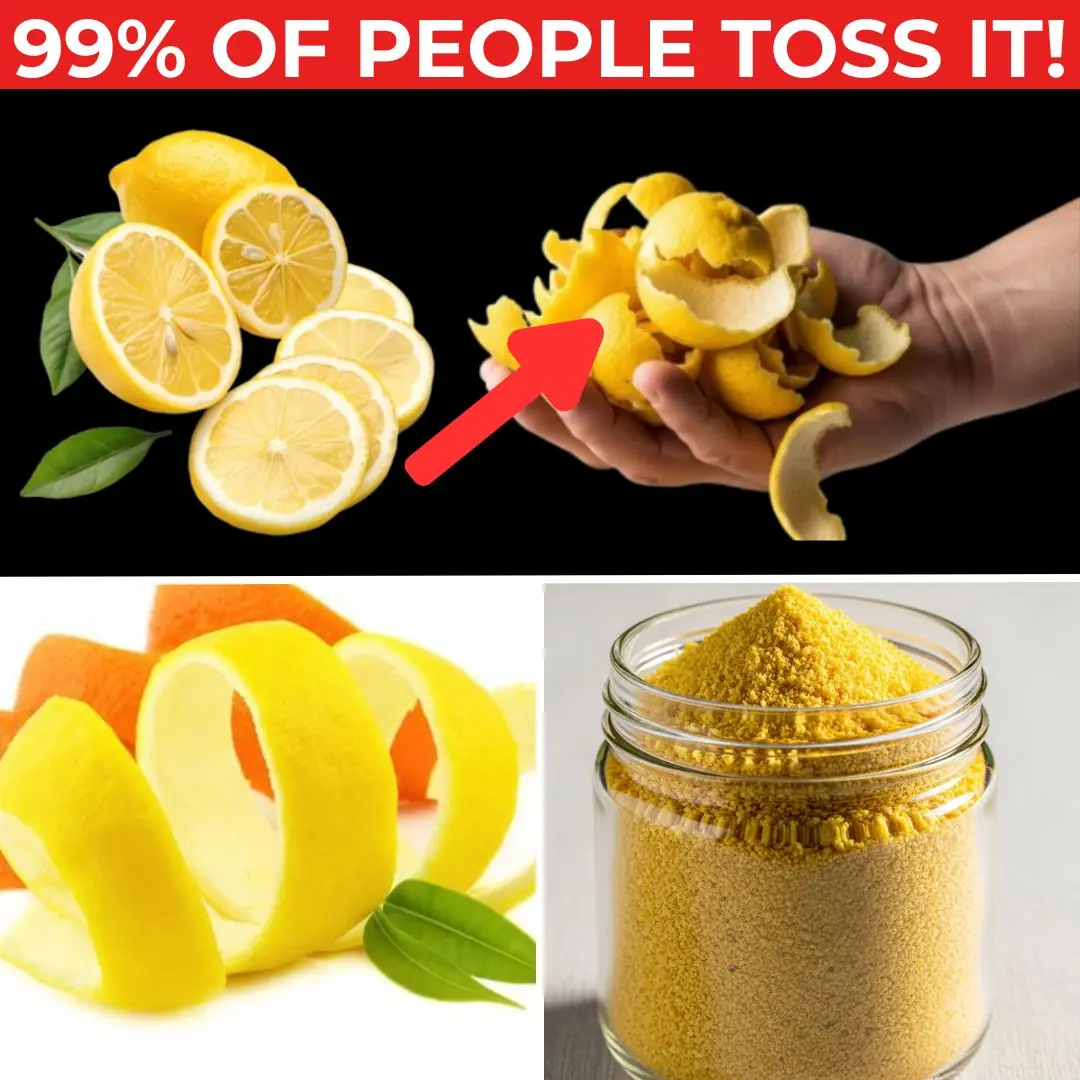
Never Throw Away Lemon Peels Again: 12 Unusual Ways to Use Them
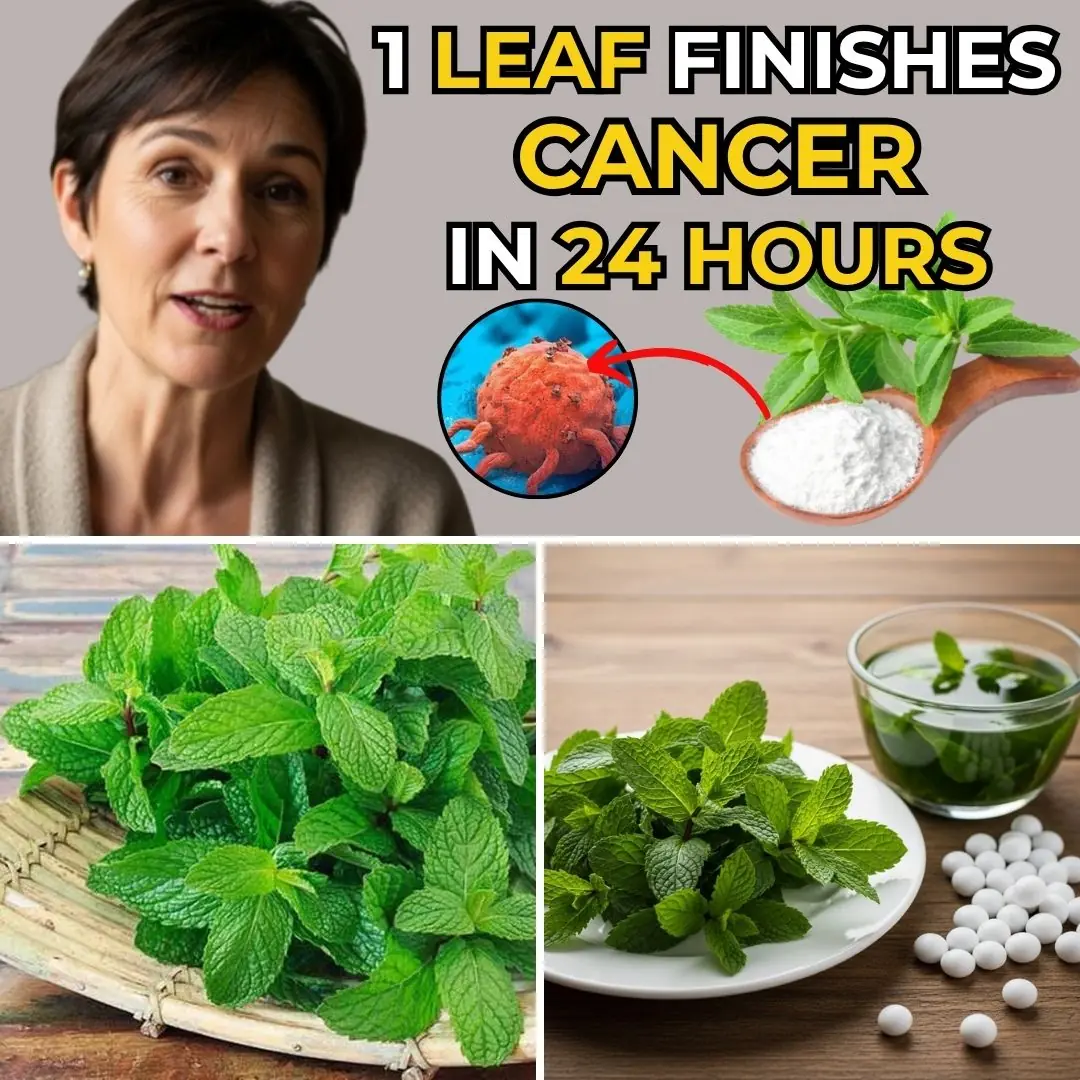
How People Over 50 Can Supplement Fiber for Better Health
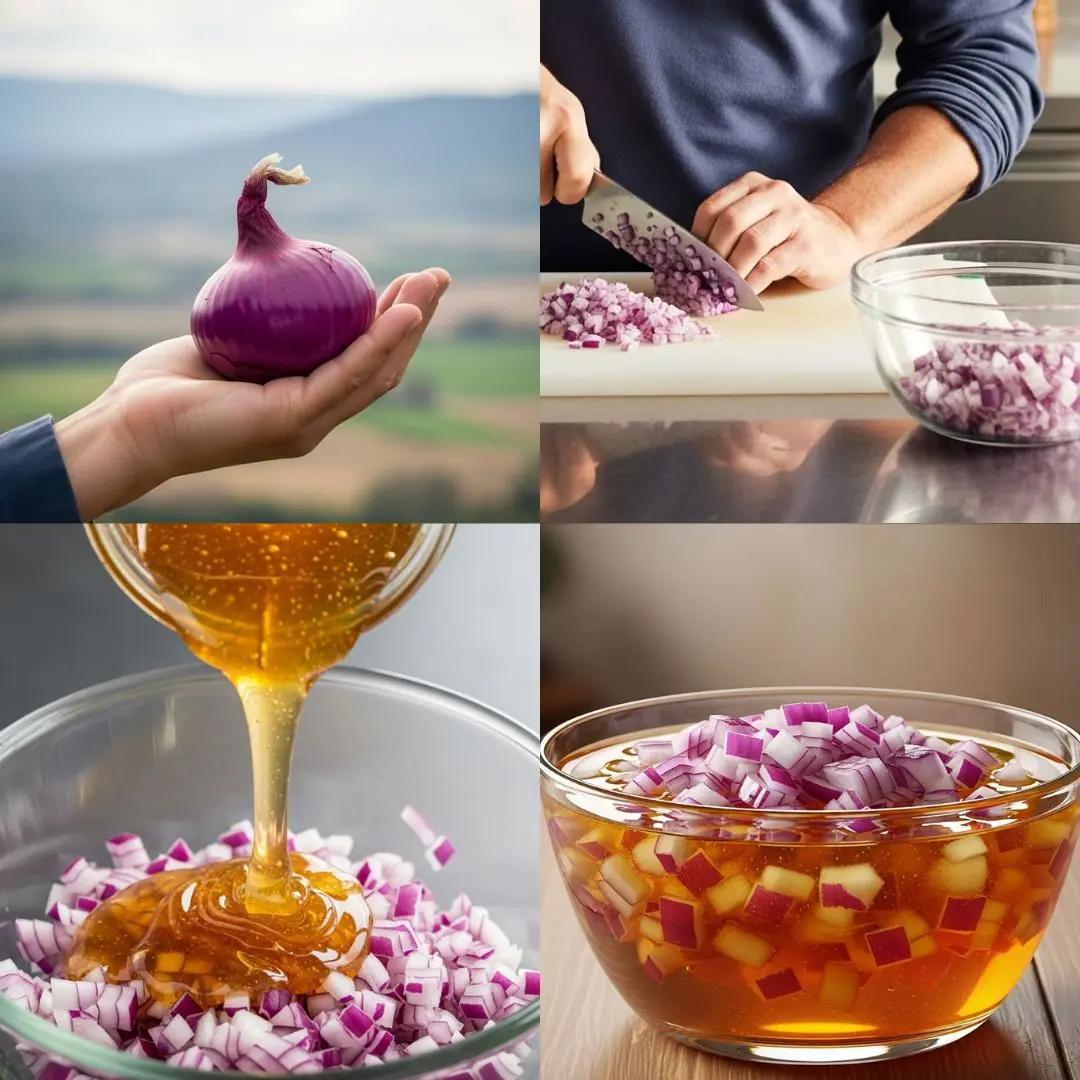
Unleash Your Inner Alpha: The Natural Nighttime Boost You Need
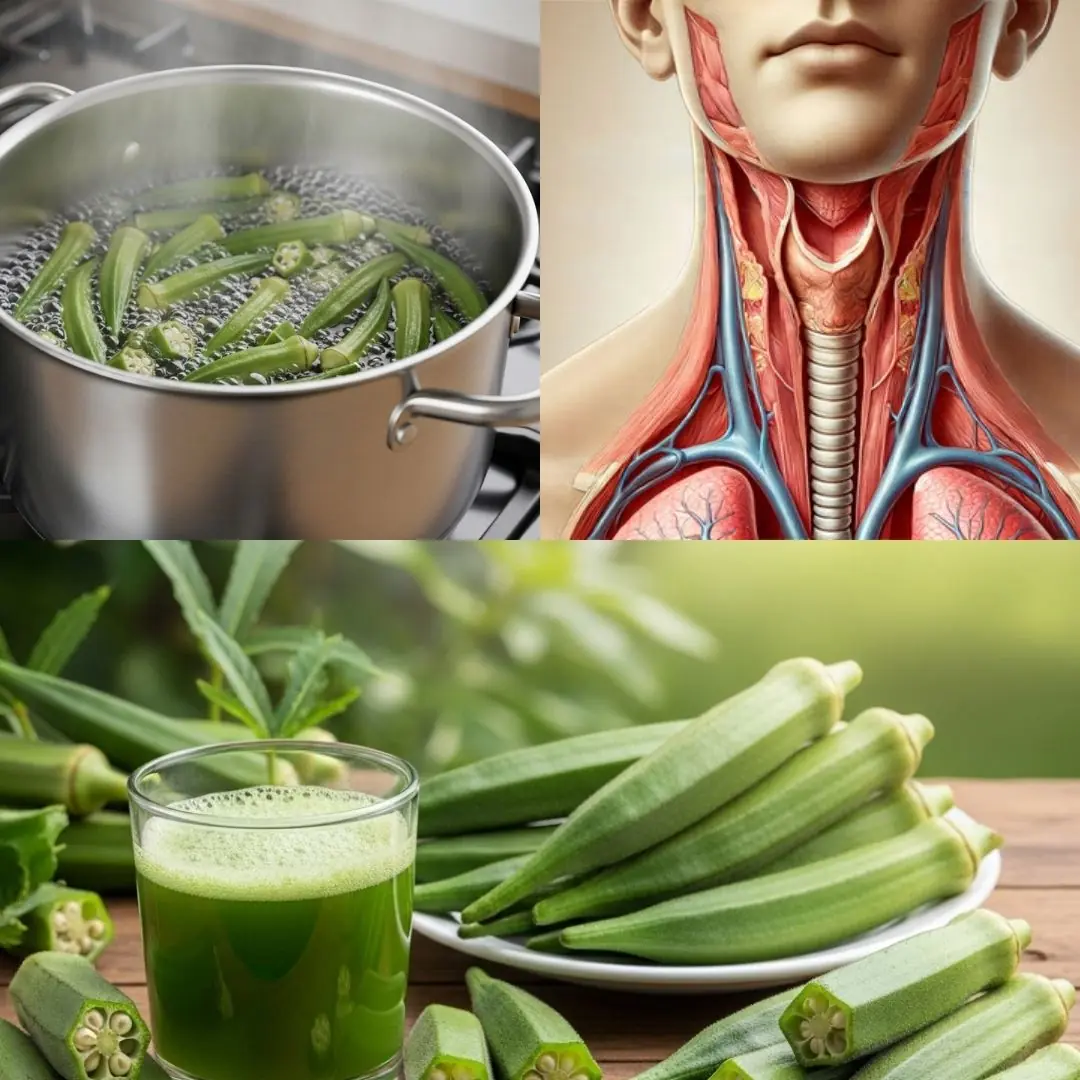
7 Surprising Health Benefits of Okra You Need to Know
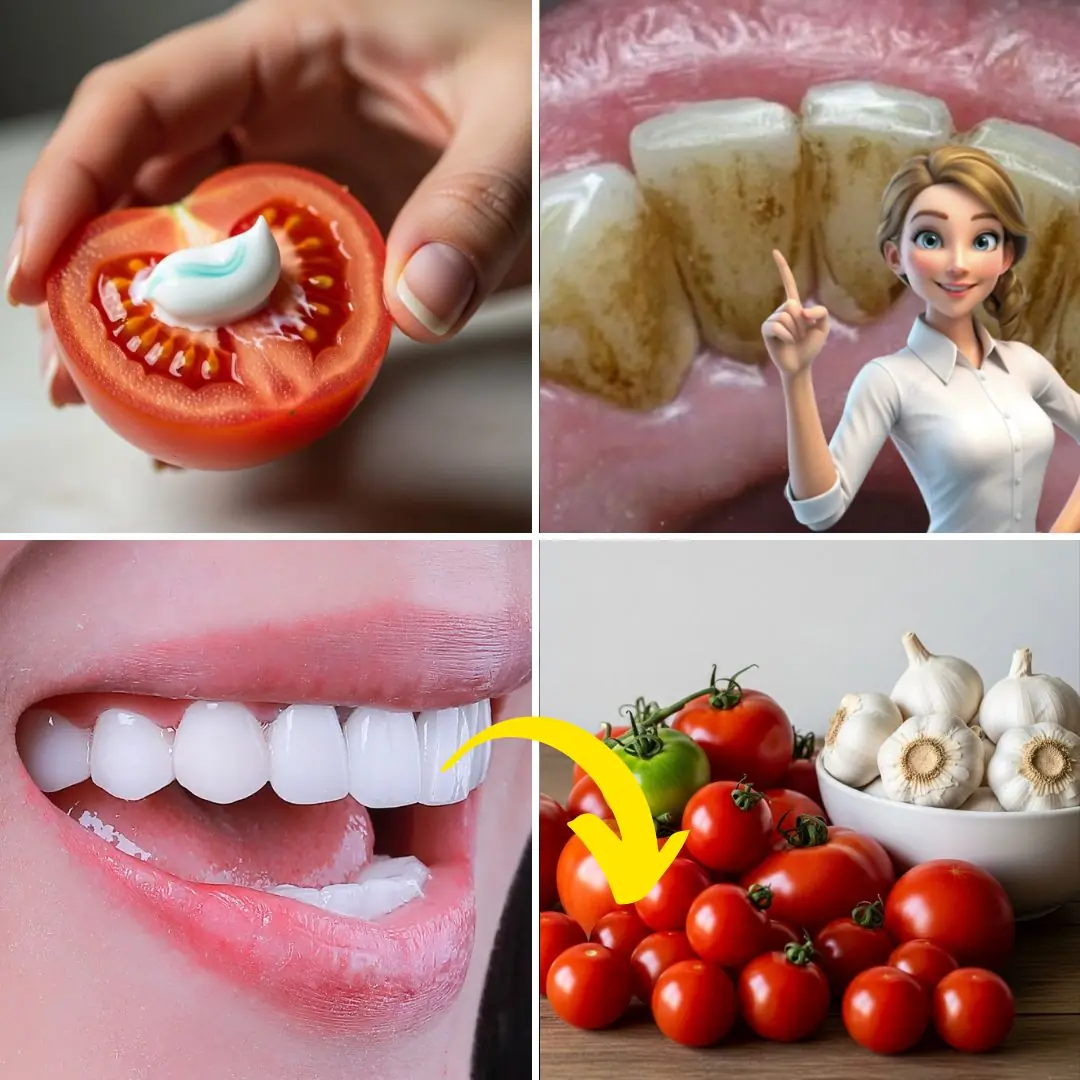
The Secret to a Whiter Smile: A Simple Tomato-Based Teeth Whitening Recipe

🛑 The MOST DANGEROUS Sleep Position You Never Knew! | Boost Your Sleep Instantly
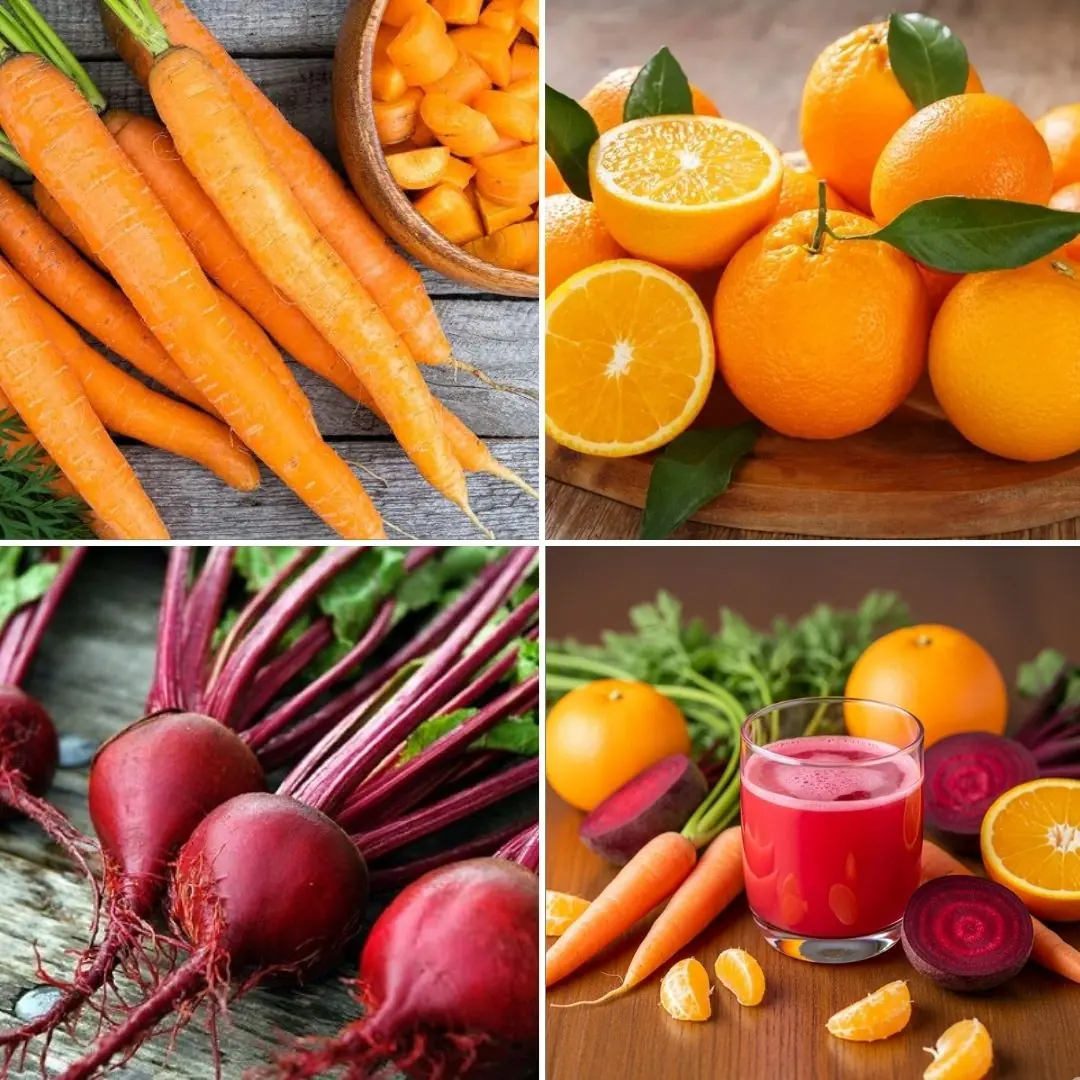
Say Goodbye to Fatty Liver, Blurry Vision, and Anemia with This Powerful Natural Drink
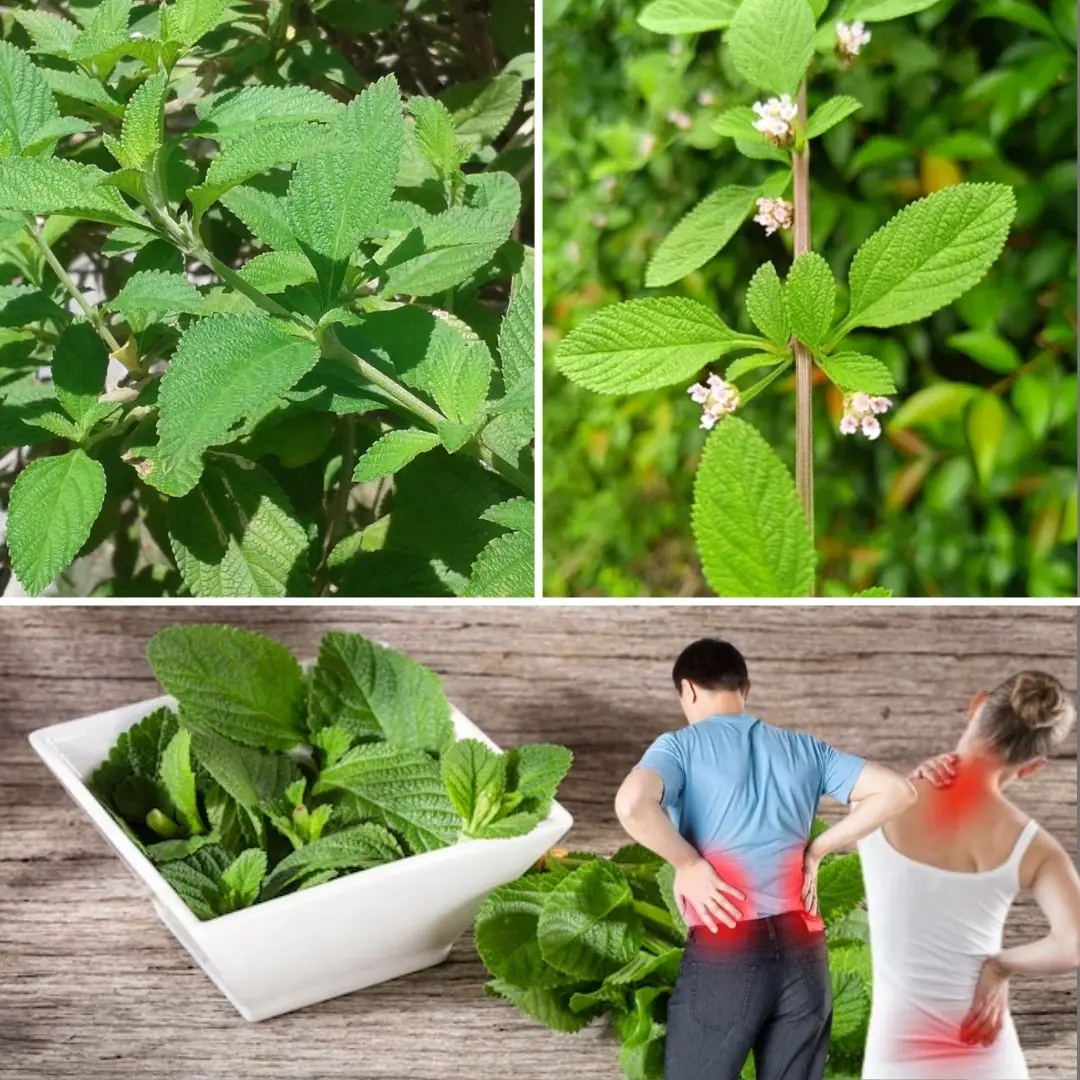
Pronto Alivio: Benefits, Medicinal Uses, and How to Prepare Its Infusion
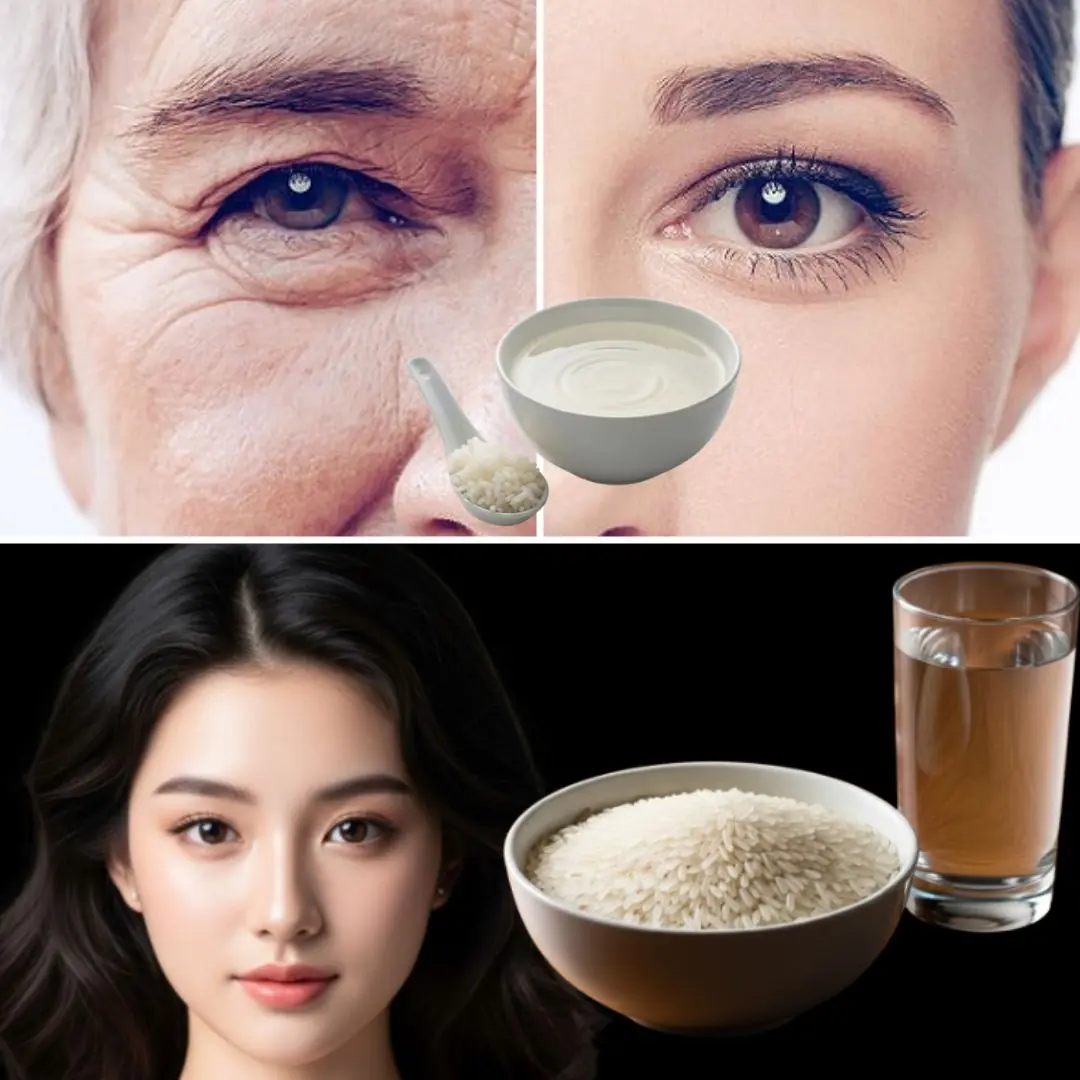
Mix Rice and Water and the Wrinkles Will Disappear! 🌟 Rice Mask for Glowing Skin

Unexpected health benefits of chai spices you may not be aware of

Unlocking the Hidden Power of Lactuca Serriola: Nature’s Wild Gift Growing All Around You

A REAL VITAMIN BOMB: Celery and Lemon for Clarity, Pressure Relief, and Detox

Support Healthy Weight Management in Seniors with These 3 Morning Drinks
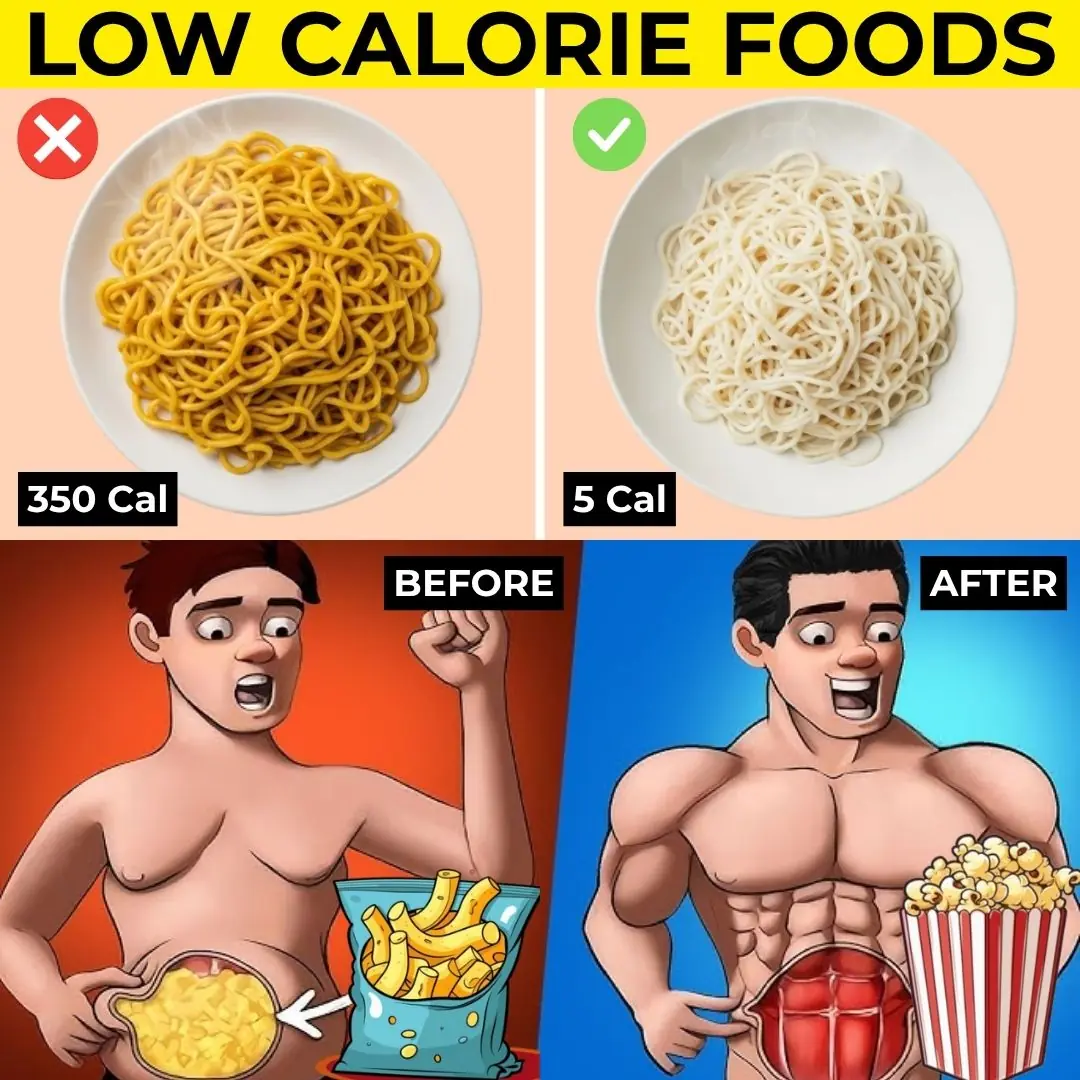
38 DELICIOUS Foods That Contain Almost ZERO Calories!
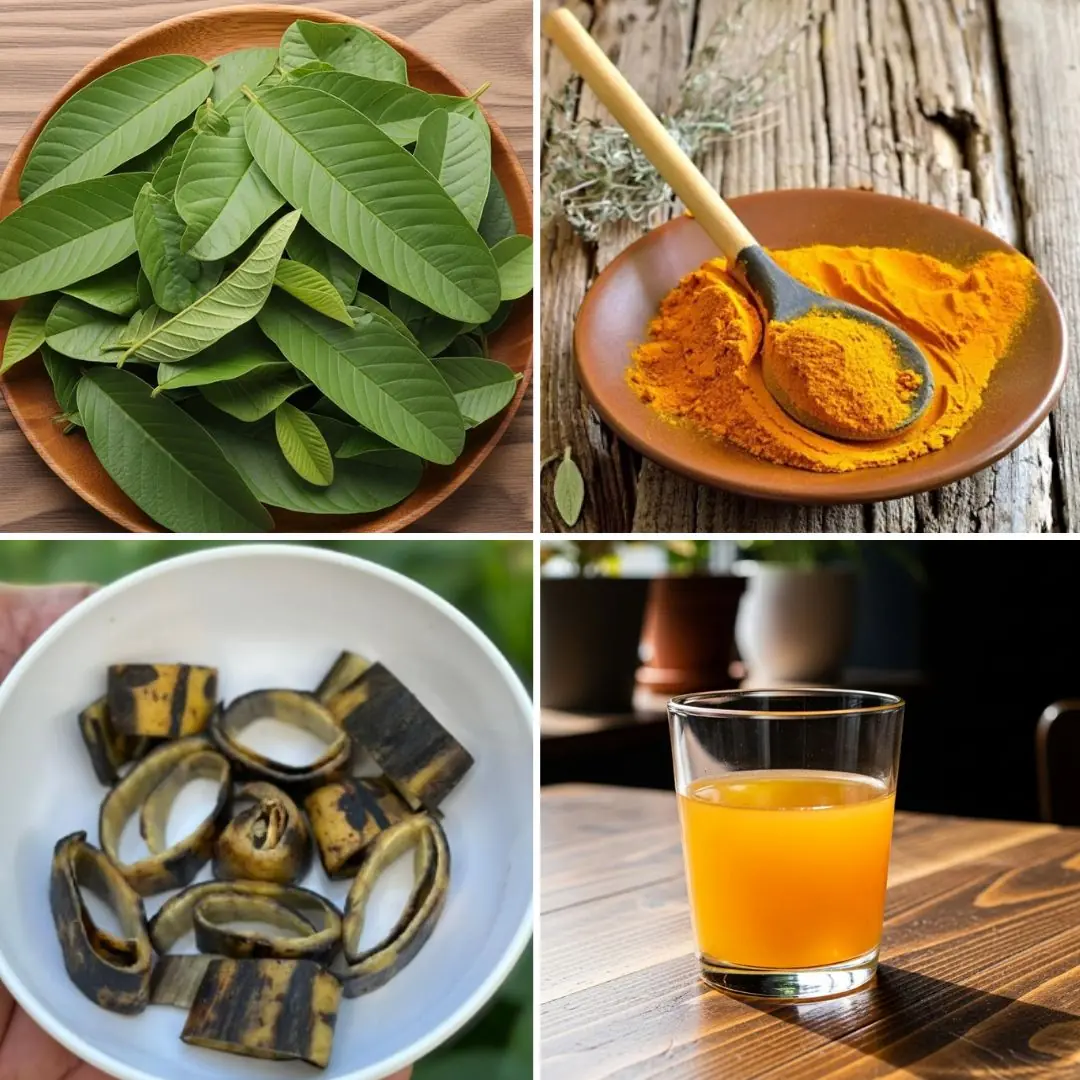
Doctors Don’t Want You to Know About This Drink Because It Can Cure Diabetes, High Blood Pressure, and Poor Circulation in the Blink of an Eye
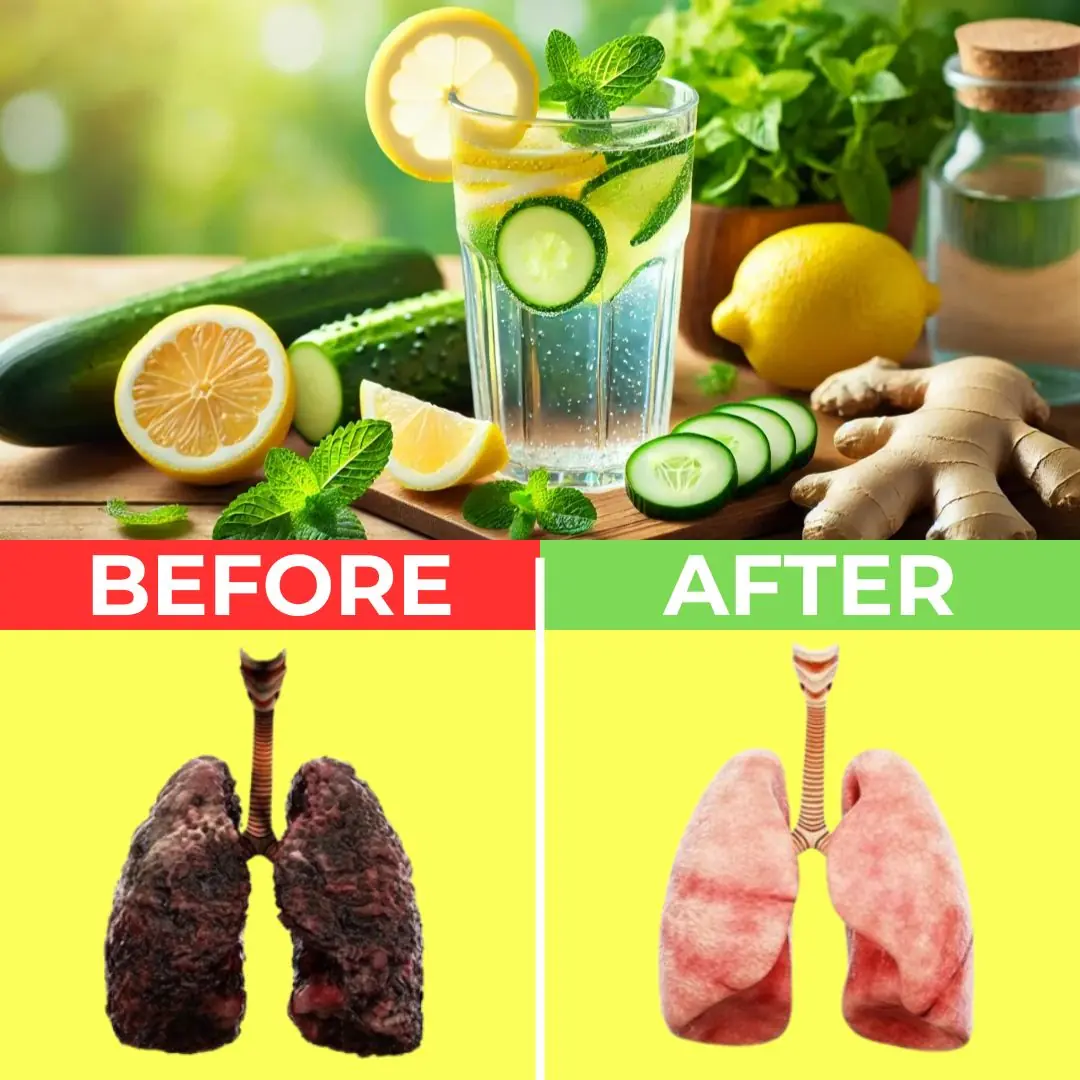
9 Reasons Why You Should Drink Cucumber, Ginger, Mint, Lemon, and Water Every Day

🚨 Over 30? Cancer Could Be Hiding in These 8 “Harmless” Symptoms You Shouldn’t Ignore
News Post
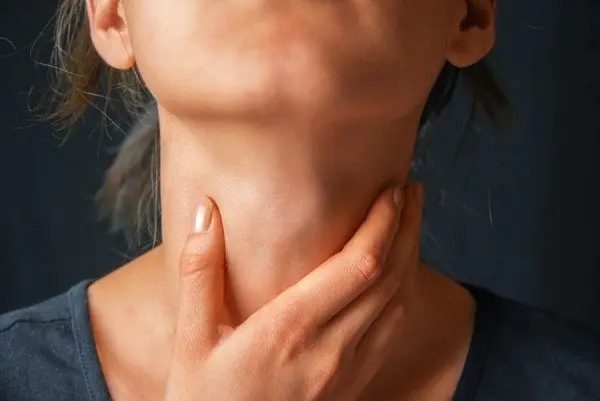
Afraid of Surgery, the Woman Used This for 6 Years to Shrink Her Tumor Based on a Tip – Oncologist’s Four Words Left Everyone Stunned
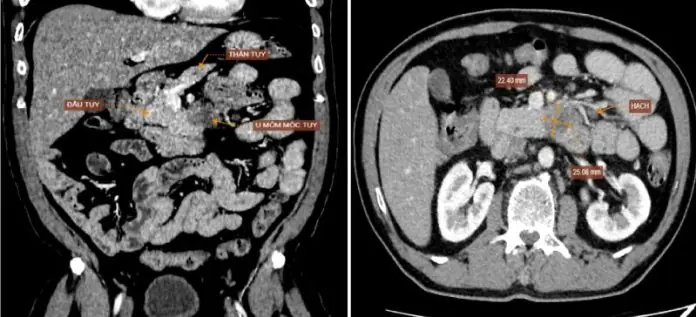
Discovered to Have One of the Deadliest Cancers After Just One Warning Sign

The Surprising Benefits of Drinking Turmeric Water at Night: 8 Reasons You Should Make It a Habit Today 🌙

Cloves, Ginger, and Lipton Tea: A Health-Boosting Trio Worth Gold
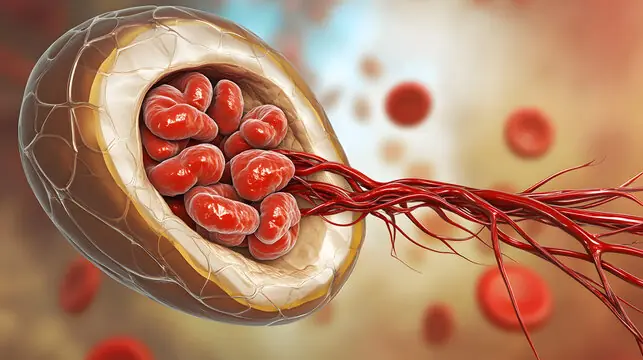
New Tiny Machine Removes Cholesterol from Arteries Without Surgery
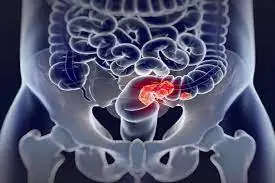
Powerful Simulation Reveals How Cancer Progresses and Ultimately Causes Death

At My Husband’s Birthday Party, My Son Pointed and Said, 'That’s Her. The Same Skirt.'

My Husband Took Me on a Surprise Cruise — But When I Opened the Door, Everything Fell Apart

My Wife Found a Midnight Hobby – It Nearly Drove Our Neighbors Away

I Got Seated Next to My Husband’s Ex on a Flight – By the Time We Landed, My Marriage Was Over

One Day, I Saw a 'Just Had a Baby' Sticker on My Boyfriend's Car — But We Never Had a Baby

Never Throw Away Lemon Peels Again: 12 Unusual Ways to Use Them

How People Over 50 Can Supplement Fiber for Better Health

Unleash Your Inner Alpha: The Natural Nighttime Boost You Need

The photograph of a little boy who became one of the most recognizable men today
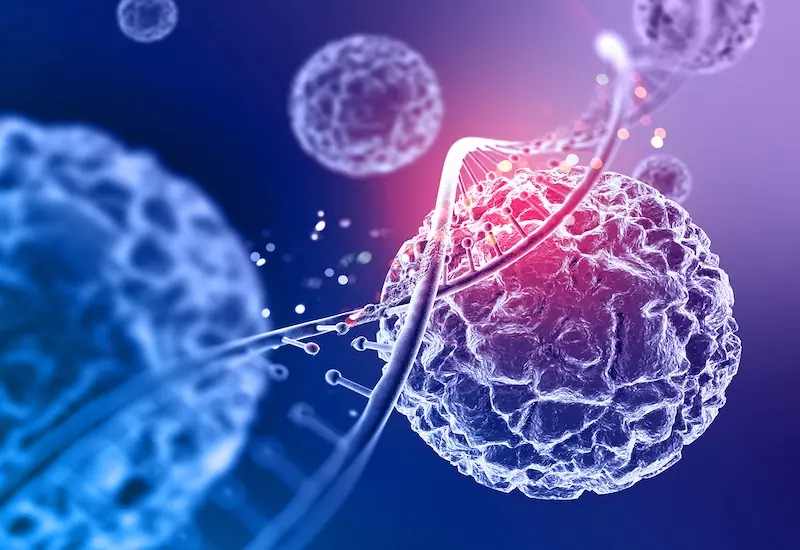
Three Family Members Diagnosed with Thyroid Nodules – The Mother Collapses: “I Thought Eating More of Those Two Things Prevented Cancer”
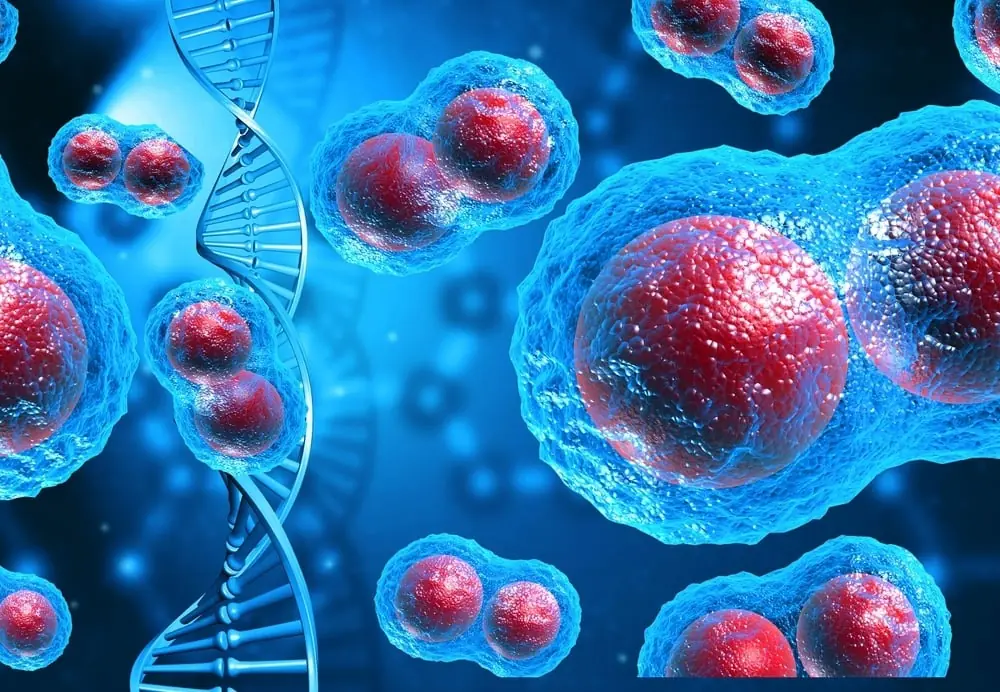
A Family of Four Siblings Diagnosed with Stomach Cancer – Doctor Shakes His Head: Two "Deadly" Common Habits Many People Share
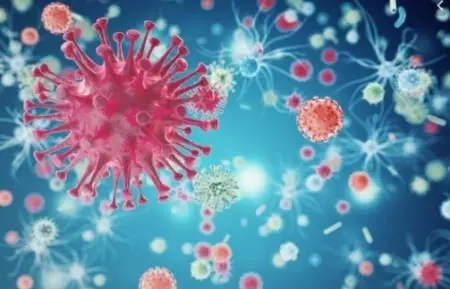
A 49-Year-Old Man Dies of Brain Hemorrhage – Doctor Warns: No Matter How Hot It Gets, Don't Do These Things
